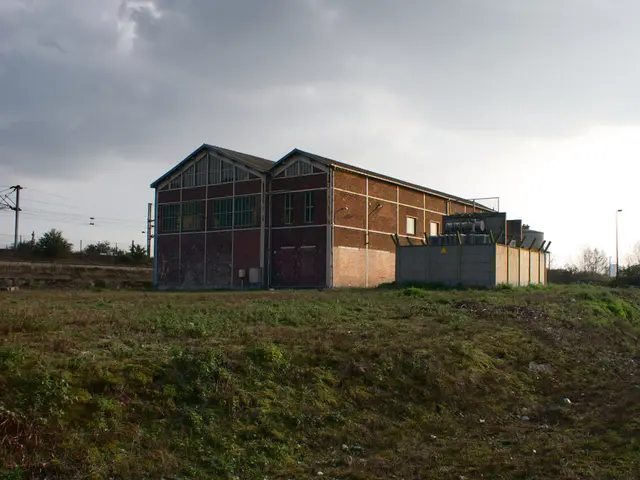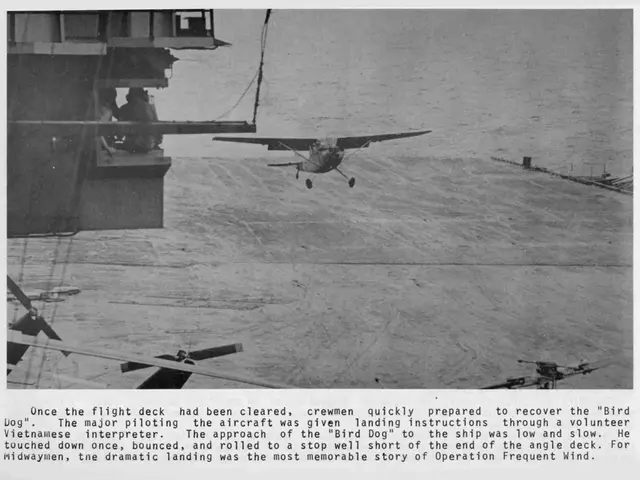Unveiling a Global Deception: TikTok's Impact on Romania's Presidential Elections
TikTok Election Interference: Exposé Reveals Extensive Manipulation of Romanian Diaspora Voters Prior to Presidential Polls
In the lead-up to Romania's 2025 presidential elections, a covert international influence operation, centered on TikTok, has emerged, aiming to sway the votes of the country's diaspora. This elaborate scheme, uncovered by cybersecurity company Refute, revolves around pumping out inauthentic content to promote populist candidates, notably George Simion and former contender Călin Georgescu.
In-Depth Insight into the Deception
- Videos and Engagement: Approximately 32,500 TikTok videos, frequently duplicated among numerous accounts, have been produced as part of this operation. These videos have attracted an impressive 40 million likes and comments, with nearly half originating outside Romania, indicating a disproportionate focus on targeting diaspora voters[1].
- Geographic Prioritization: The operation singles out locations with substantial Romanian diaspora populations in Europe, such as the UK, Italy, Germany, Spain, and France[1].
- Foreign Involvement: The operation has Russian overtones, with links to Russian-aligned actors exhibiting influence on Romania's election landscape[4][5].
Tactics of the Deception
- Artificial Campaign Boosting: A technique known as astroturfing is employed, artificially amplifying a candidate's online presence through strategic hashtag and keyword usage[3][5].
- Influencer Recruitment: More than 130 influencers, many with no political background, have been roped in by unidentified companies linked to Russia[3].
- Disinformation and Sentiment Manipulation: The operation entails disseminating false information to erode trust in the European Union and promote anti-European sentiments. This tactic paints the EU as an adversary to Romania's traditions and sovereignty[5].
The Operation's Potential Impact
- Impact on Electoral Outcomes: The considerable engagement from outside Romania implies that the operation might substantially sway the election's final results[1].
- Recent History Repetition: The 2024 presidential elections had been annulled due to suspected foreign interference, hinting at the operation's potential to disrupt the democratic process[2].
- Current Election Consequences: The influence of this operation on the 2025 elections could be profound, considering the targeted dissemination of misinformation and shrewd focus on diaspora voters[4][5].
In summary, the international operation threatens the fairness of Romania's presidential elections, potentially tilting the balance in favor of selected candidates and disrupting the democratic process. The extensive reach and intricacy of this operation underscore the urgency to combat such deception on social media platforms.
- The cybersecurity impact of this operation is significant, as uncovered by Refute, with a large-scale manipulation of TikTok, a social-media platform, being used in a covert international influence operation aimed at swaying Romania's diaspora voters during the 2025 presidential elections.
- In the political landscape of Romania, this operation employs various tactics, such as astroturfing to artificially amplify candidates' online presence, recruiting over 130 influencers, many with no political background, and disseminating false information to promote anti-European sentiments.
- As the election approaches, the potential implications of this cybersecurity threat are wide-reaching, potentially affecting not only the outcome of the election but also the integrity of Romania's democratic process. Such instances highlight the need for vigilance in technology and cybersecurity, particularly as they relate to war-and-conflicts, politics, general-news, and entertainment.








